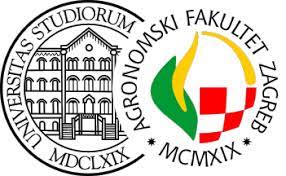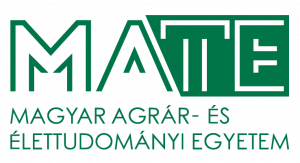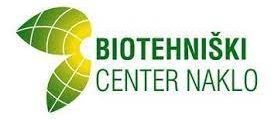1.5 The curriculum and integration of four major activities in learning session
The curriculum and integration of four major activities in learning session
Learning Outcomes:
- Define and explain the main components of the curriculum.
- Structure and employ four FFS major activities in FFS sessions in time of growing, cropping season: field studies, special topics, Agro Ecosystem Analysis (AESA), Group dynamics, icebreakers and energizers.
- Select and use relevant methods and exercises concerning specific context, target group, topic and learning environment.
The curriculum follows the cycle of its subject, be it crops, animals, soil or crafts. This approach allows all aspects of the subject to be addressed in parallel with what is happening in the farmers'/participants' field. For example, potato transplanting during the training takes place at the same time as the farmers' own crops are being transplanted - the lessons learnt can be applied directly.
A key factor is that there are almost no lectures. Most activities are based on experiential (learning by doing), participatory and practical work. This is based on adult learning theory and practice. Each activity has a process for action, observation, analysis and decision making. The focus is not only on the 'how' but also on the 'why'. Experience has shown that structured, practical activities provide a solid basis for further innovation and local adaptation.
Activities are sometimes seasonal experiments, especially those related to soil or plant physiology (e.g. soil or variety trials, plant compensation trials). Other activities in the curriculum include 30-120 minutes on specific topics. Ice breakers, energisers and team/organisation building exercises are also included in each session. The curriculum is combined with other topics.
In the field, it is practical, hands-on topics that provide most of the training and study material, such as plants, pests and real problems. Any new 'terminology' learnt during the course can be directly applied to real-life subjects, using local names that can be used and agreed upon. Farmers usually feel much more comfortable in the field than in classrooms.
The basic activities in the learning process are: agro-ecosystem observation, analysis and presentation of results. Agro-Ecosystem Analysis (AESA) is the core activity and a specific theme and group dynamics activity are designed to support it.
The agro-ecosystem analysis process sharpens farmers' observation and decision-making skills and helps develop their critical thinking.





